Physically it is located in North Fort Myers, Florida. It has a global demonstration farm which functions as a living classroom that is focused on helping the poor farmer overseas become more productive. It has a variety of farm environments: tropical, desert, mountainous, swampy or overly wet and urban. In each area of the global farm, plants are tested and developed to grow in specific harsh environments. Once successful in harvesting healthy nutritious plants, seeds are painstakingly separated and packaged.
The farm provides a laboratory for developing seeds, growing, harvesting, pest control, erosion and irrigation methods which are then documented and shared with agricultural workers throughout the world in order to help reduce hunger in the world.
The organization networks with members worldwide to share information and seeds to help in areas where hunger is a serious problem. The demonstration farm is one resource that allows them to provide tailored options for missionaries and agricultural workers in 180 countries. They do not send workers out; they assist those already in the field.
Their seed bank contains over 350 varieties of vegetables, multi-purpose trees, fruits and other tropical crops. These plants hold special potential for producing under difficult conditions: where it is too dry, too wet, or too hilly for most crops. The seeds are sent free to overseas developmental leaders who then report back to ECHO on performance and community acceptance of the plants. These are not hybrid seeds, so one packet can in short order become the source of thousands of seeds for the needy.
 Seed drying racks specially made for ECHO
Seed drying racks specially made for ECHO Florida volunteers separating seeds and getting them ready to package
Florida volunteers separating seeds and getting them ready to package Low tech way of packaging seeds. Hey, it works!
Low tech way of packaging seeds. Hey, it works!I was very impressed with the urban farm area. They were able to use just about anything that could hold dirt to make a garden and have healthy and nutritious plants growing. It was amazing, an old two liter coke bottle, a gallon milk container even a wal-mart plastic bag were all successful plant holders.


Some of the plants that thrive in inhospitable areas are amaranth a nutritionally packed grain

They also use what is available to produce water and grind grain, Here are only two of many examples that I saw at the farm
 A simple hand pump setup with pvc pipe brings water from a nearby pond/stream to a container for irrigation
A simple hand pump setup with pvc pipe brings water from a nearby pond/stream to a container for irrigation Here an old bicycle was converted to a manual motor that helps to grind grains grown in remote areas.
Here an old bicycle was converted to a manual motor that helps to grind grains grown in remote areas.



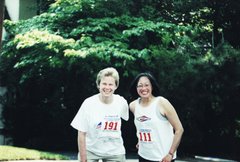

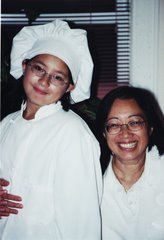
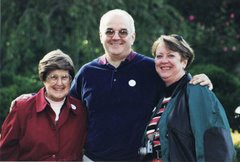
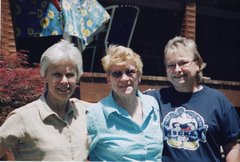
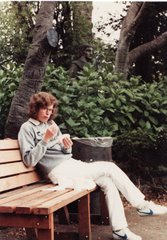
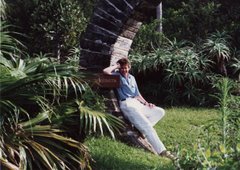
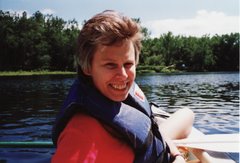
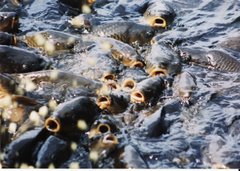

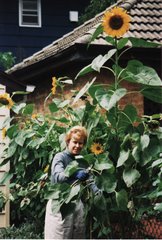



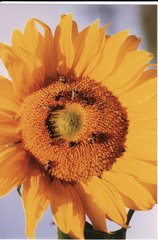
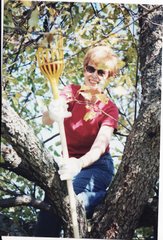

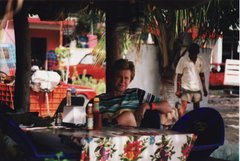
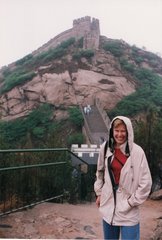

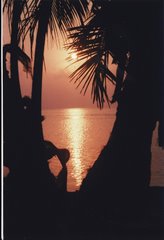
No comments:
Post a Comment